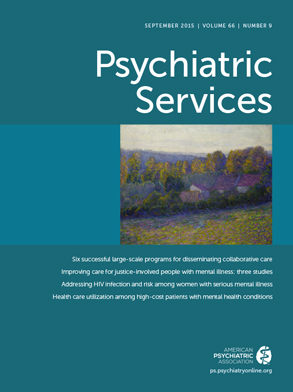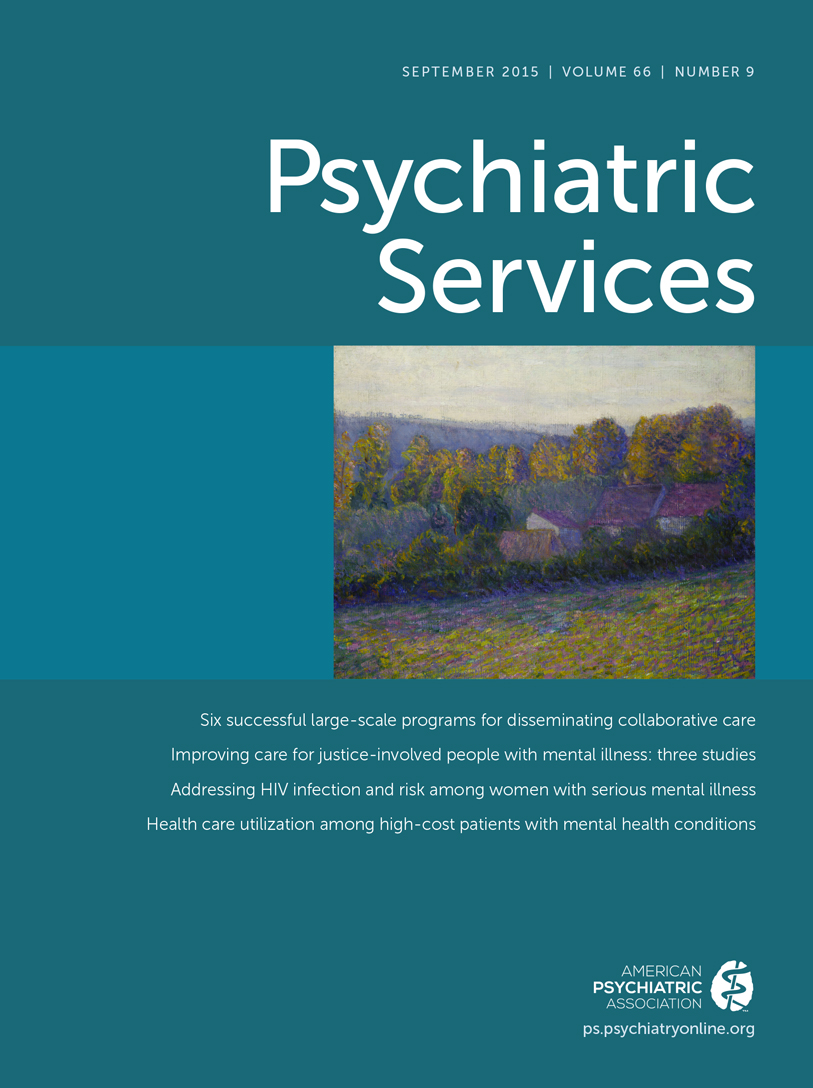In this highly readable book, Dr. Brown, an acknowledged expert in the field, offers a lucid account of the placebo effect with a focus on recent research that provides insights and exposes unfounded myths associated with the concept. But in going beyond this overview, he concludes by suggesting that rather than try to minimize the placebo effect, we embrace it and integrate it into clinical practice.
The book begins with dispelling a commonly held belief that the placebo effect is the same no matter the condition or circumstances. He reviews a number of illnesses and syndromes, from depression to pain to inflammatory disorders, and reviews evidence regarding the power of the placebo effect in each of these conditions. He then discusses the distinctions between placebo and no treatment, pointing out that these are not the same. He discusses possible explanations for the effect, including expectation and conditioning. He dispels many commonly held myths about placebos—for instance, the notion that the effect will be lost if people know they are receiving an inactive compound or intervention. He discusses psychotherapy and the sensitive topic of whether psychotherapy is the same as or different from a placebo. He reviews the ethics of placebo use in research, and in his concluding chapter he offers suggestions for how to use placebos in clinical practice.
In tracing the history of the placebo response—our attitude toward it as professionals and its use in clinical practice— Dr. Brown offers an interesting question for modern practitioners. As he points out, the placebo effect has in some circles become incorrectly synonymous with no treatment; yet the paradox is that in many circumstances the effect is as powerful as our standard care. As medicine has become more technological, we have tried to distinguish ourselves from our forebears, and in doing so we have tended to shun practices that are not considered scientific. When we observe people who appear to improve when offered treatments that have no apparent physiologic effect, we have tended to dismiss their complaints as being “less real” than complaints of those who respond to “proven” treatments. Ironically it is this same modern technology—for instance, brain imaging studies—that demonstrates that the effects of these placebos can be as real as those of our best medicines. Dr. Brown concludes with the thought that, “Now that at least some of medicine is scientific, doctors may be ready to accept and harness a component of healing that they don't fully understand.” This raises the irony that in psychiatry—a field in which we are often treating conditions that are responsive to placebo treatment—we shy away from harnessing this effect lest our medical colleagues look down on us. In our attempt to be more scientific, with our checklists and computerized assessments, we may end up losing our most valuable tool for healing.
This book will be of interest to anyone who offers any type of treatment, be it in the mental health field, general medical field, or so-called alternative fields of practice.

